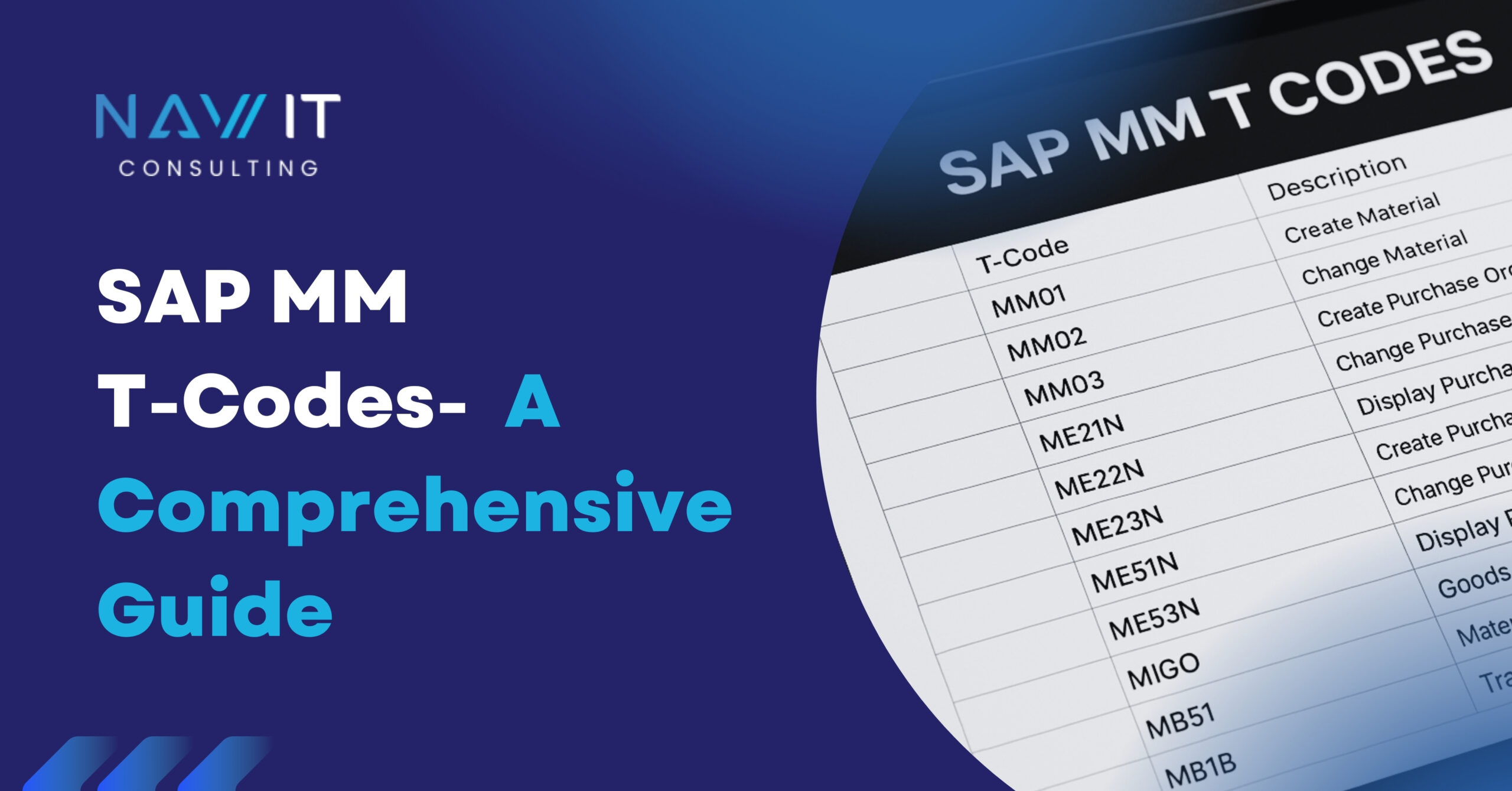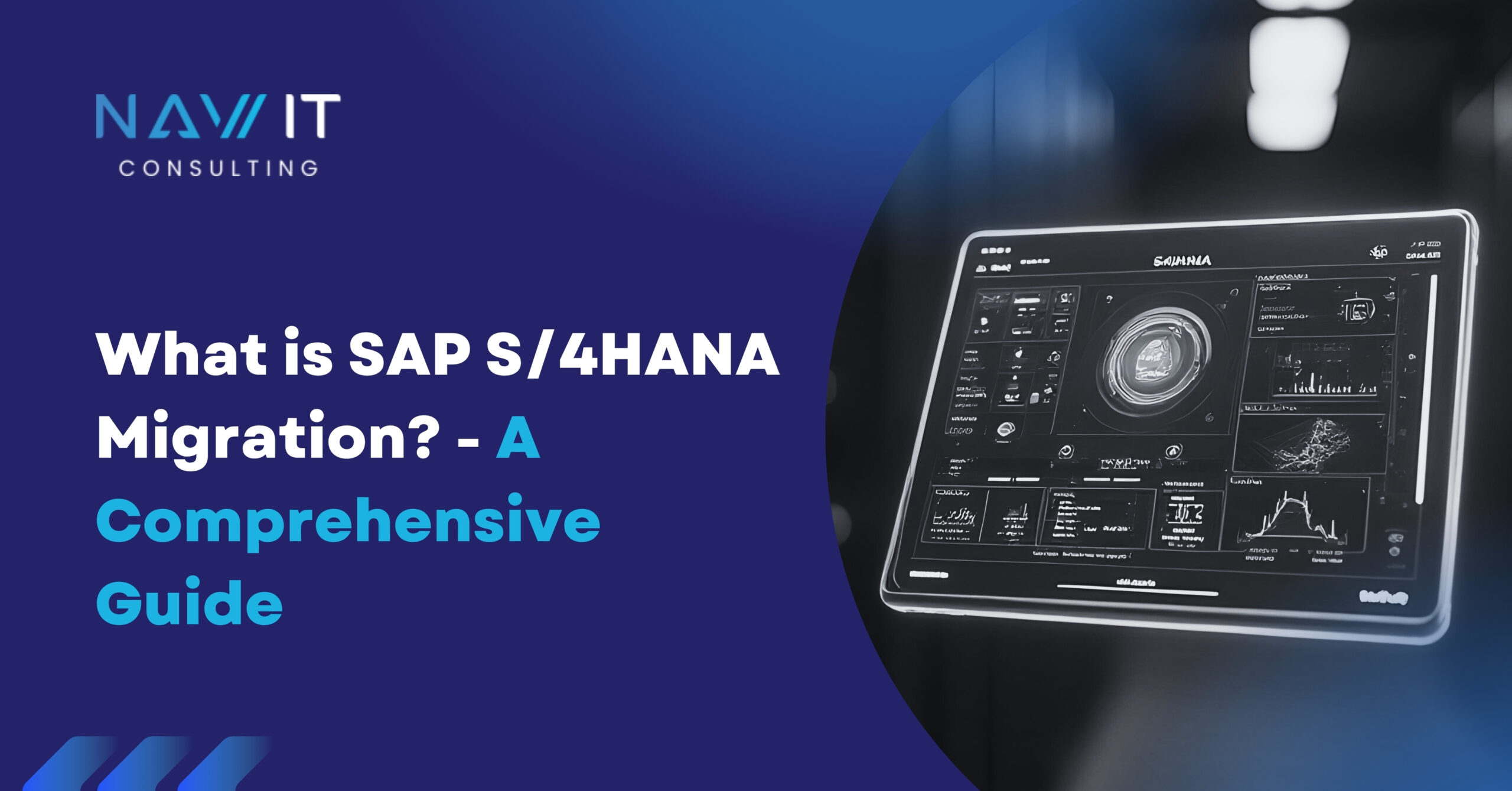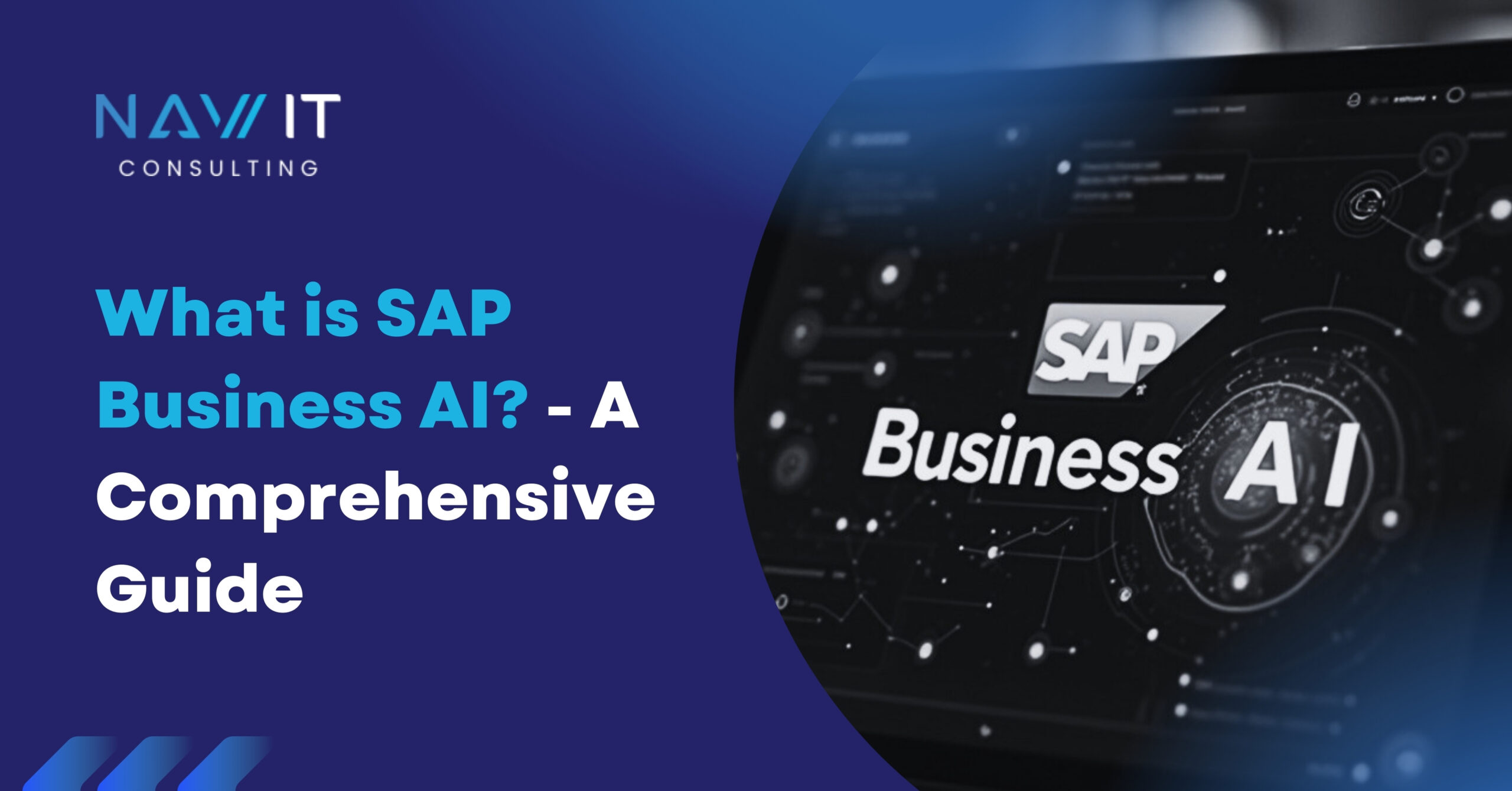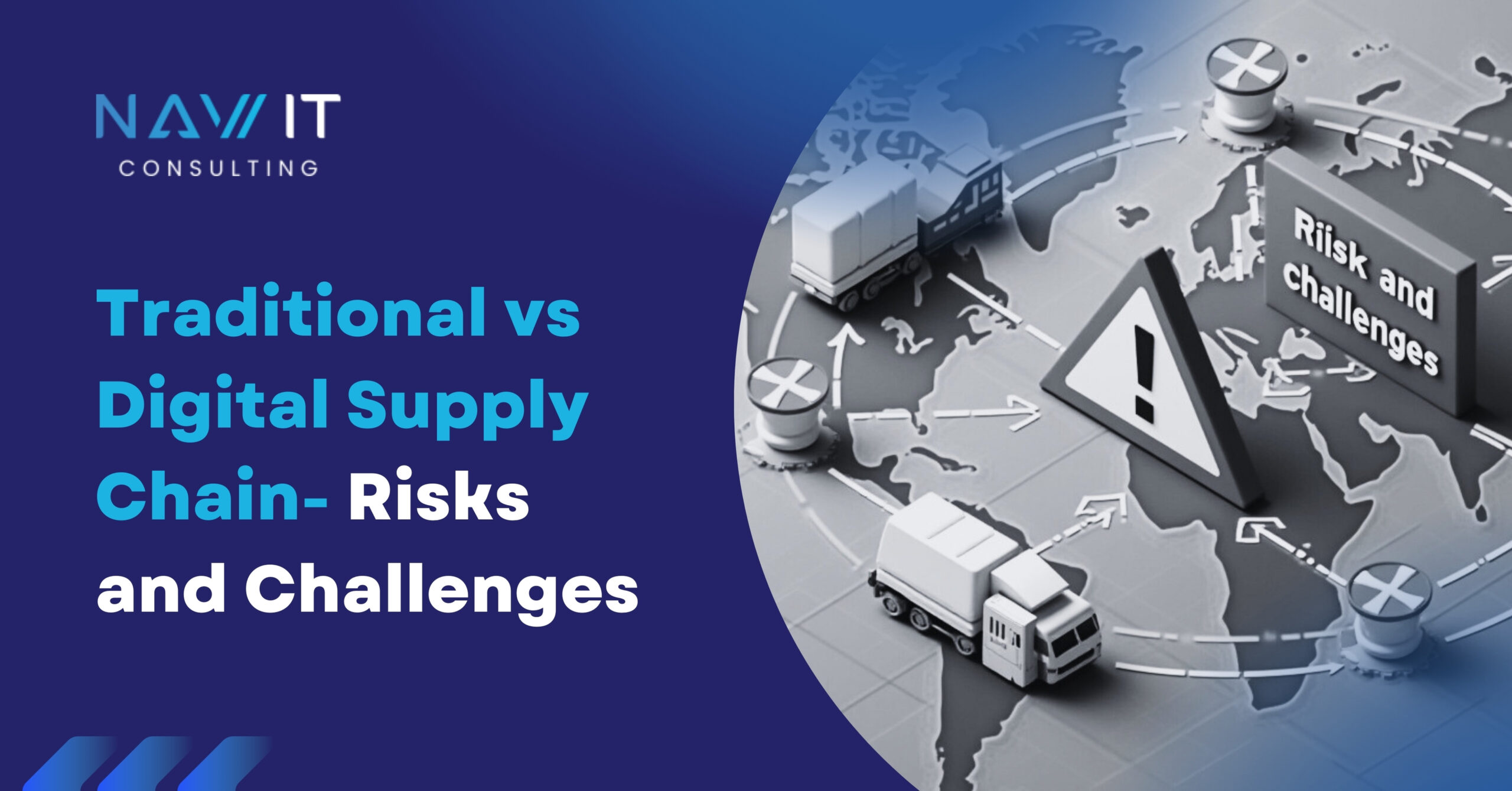Dataverse lets you securely store and manage data that’s used by business applications. Data within Dataverse is stored within a set of tables. A table is a set of rows (formerly referred to as records) and columns (formerly referred to as fields/attributes).
Integrating data into Dataverse
Dataverse allows data to be integrated from multiple sources into a single store, which can then be used in Power Apps, Power Automate, Power BI, and Power Virtual Agents along with data that’s already available from the Dynamics 365 applications.
- Scheduled integration with other systems– Data that’s kept within another application can be regularly synchronized with Dataverse to allow you to take advantage of data from other applications in Power Apps.
- Transform and import data using Power Query– Transforming data when importing into Dataverse can be done through Power Query—a tool commonly used across Excel and Power BI—from many online data sources.
- One-time import of data– Simple import and export of Excel and CSV files can be used for a one-time (or infrequent) import of data into Dataverse.
Logic and Validation
Tables within Dataverse can take advantage of rich server-side logic and validation to ensure data quality and reduce repetitive code in each app that creates and uses data within a table.
- Business rulesvalidate data across multiple columns and tables, and provide warning and error messages, regardless of the app used to create the data.
- Business process flowsguide users to ensure they enter data consistently and follow the same steps every time. Business process flows are currently only supported for model-driven apps.
- Workflowsallow you to automate business processes without user interaction.
- Business logic with codesupports advanced developer scenarios to extend the application directly through code.









